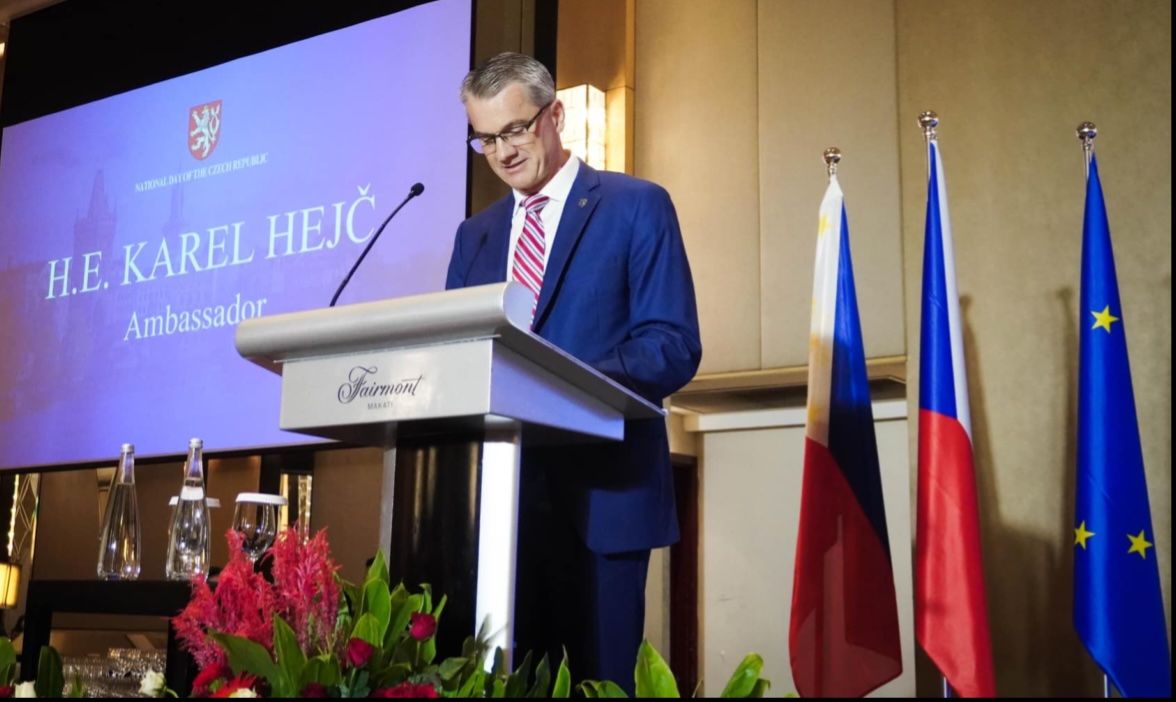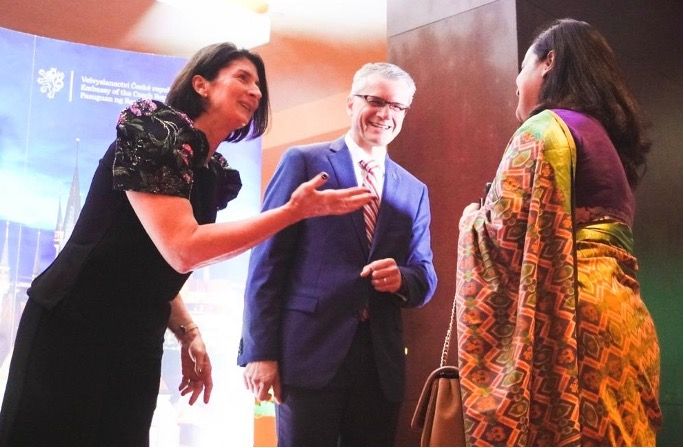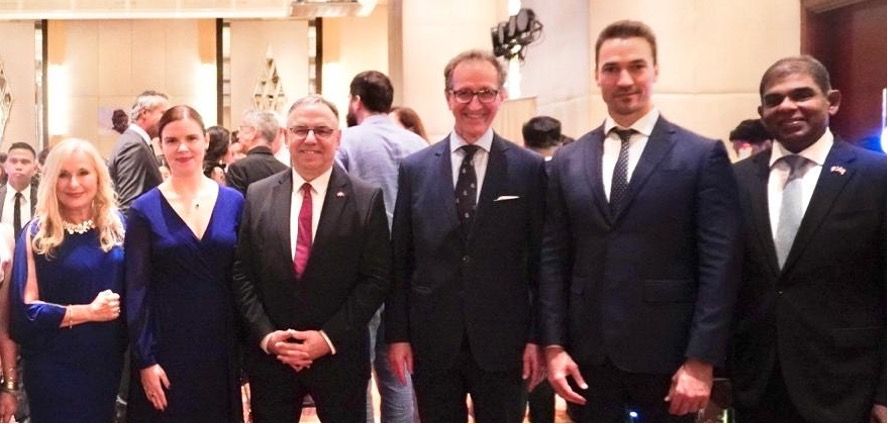106th Czech National Day: Strengthening bilateral ties and reaffirming shared values

Shortly after the end of the Great War on Oct. 28, 1918, an independent Czechoslovak Republic was proclaimed, rising from the ashes of the collapsed Austro-Hungarian Empire, thus giving the Czech and Slovak nations the historical lands of Bohemia, Moravia, and Slovakia from prehistoric times their first ever independent state. This historic day marked the rebirth of two nations, a testament to their courage and determination in realizing their dreams of sovereignty. One hundred and six years hence, the spirit of resilience and the pursuit of freedom continue to resonate in a nation that has emerged stronger from its struggles and known by many names over the years—Czechoslovakia, the Czech Republic, and more recently by its short version, Czechia.

This year, the Czech Republic celebrates its 106th national day. The Czechs, having endured decades of foreign domination under Nazi Germany and a prolonged period of Soviet communism, emerged with a deep appreciation for liberty and self-determination. Since the Velvet Revolution in 1989, which peacefully dismantled decades of totalitarian rule, the Czech Republic has flourished as a vibrant democratic state, committed to upholding the values of freedom and cooperation on the global stage.

This story finds its reflection in the experiences of a nation separated by vast horizons from the Czech Republic, yet bound by collective struggle and the unyielding spirit of those who dare to dream of liberty and freedom. The Philippines has also forged its path towards sovereignty and democratic governance, just as the Czech Republic has transformed its struggles into a powerful narrative of resilience. This shared history of overcoming adversity has laid the foundation for a strong partnership between our nations, built on common values and mutual respect. In today's global landscape, this partnership is more critical than ever.

Both nations stand united against Russian aggression toward Ukraine that undermines sovereignty and international law. The Czech Republic and the Philippines' support for international rules-based order comes from a shared understanding of the importance of defending freedom and democracy, in which every nation has the right to protect its territorial integrity all around the globe, including Eastern Europe, and the South China Sea. Standing together on these critical issues, both countries’ resolve to confront shared challenges has become more solid than ever.

During the Czech Republic’s National Day reception on Oct. 16, Ambassador Karel Hejč highlighted how the enduring spirit of partnership has translated into significant milestones in Czech-Philippine relations over the past 50 years. He emphasized the recent visit of President Ferdinand Marcos Jr. to the Czech Republic, which led to key bilateral agreements aimed at enhancing labor cooperation and protecting the rights and welfare of Filipino migrant workers. Further, he highlighted some of the past year’s achievements, notably, the increase in quota for Filipino workers in the Czech Republic, or the opening of the Czech Trade Agency office in Manila to bolster business-to-business relations.

The Czech Republic is also committed to diversifying its engagement beyond Manila, with business missions exploring opportunities in Davao City and Cebu, covering various sectors from agriculture to defense. These collaborative efforts are laying the groundwork for a prosperous future, enhancing cooperation in technology, education, and sustainable development in the years to come.

As the Czech Republic marks its 106th National Day, the occasion not only reflects on its history but also looks forward to a future of strengthened ties with the Philippines, a partnership and friendship as meaningful as the one shared between José Rizal and his Czech friend, Ferdinand Blumentritt.
